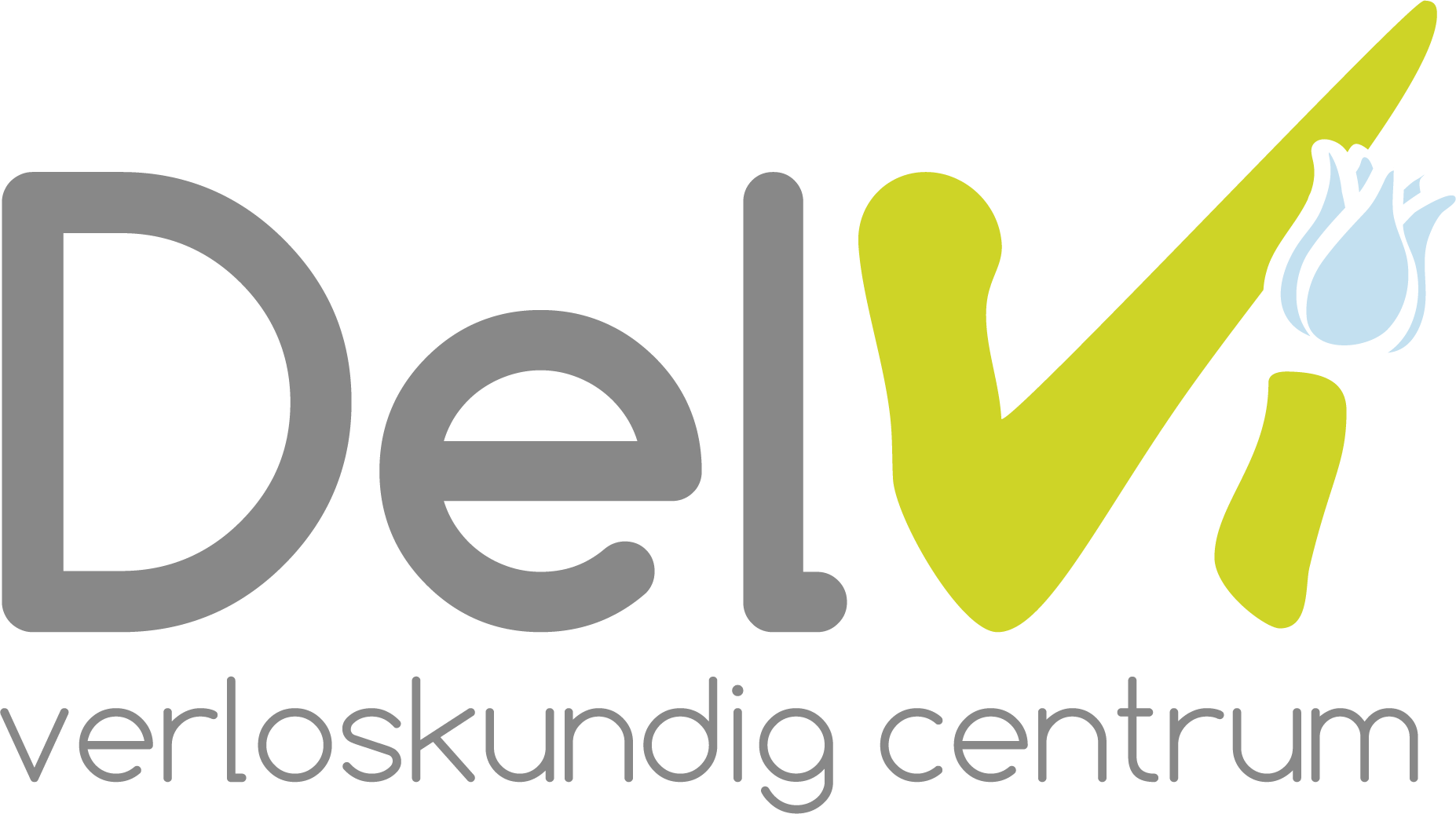Advices
During pregnancy there are a number of points of attention regarding nutrition.

Dietary advice
If you are pregnancy you musn’t eat raw meat in order to avoid a toxoplasmosis parasite infection. This can be dangerous fort he baby.
If you have had this infection before your pregnancy then you will have antibodies in your body which protect you and the unborn baby. 40% of adults have these antibodies. Raw meat, for example filet americain and carpaccio can contain the toxoplasmosis parasite.
This can also be present in cat faeces. For this reason it is best not to clean the cat litter tray yourself or to wear gloves. Also make sure you wash vegetables and salad thoroughly and use gloves when working in the garden
The Listeria bacteria causes listeriosis and can be found in cheese made from unpasteurised milk. The label on these cheeses shows the description ‘au lait cru’.
During pregnancy it is best to avoid these cheeses and do not drink unpasteurised milk.
Just to clarify, milk from the supermarket is pasteurised and can be used safely. What is also fine to eat is hard cheese made from unpasteurised milk (boerenkaas) and soft cheeses made from pasteurised milk.
The listeria bacteria can also be present in vacuum packed fish, this should also be avoided for this reason (e.b. smoked salmon, mackerel or paling). If you buy fresh fish from the fishmonger, then this is fine to eat.
Vitamin A in large doses is harmful for the unborn baby. Liver, liver sausage and paté contain a lot of vitamin A. Be careful with these products.
If you choose to take vitamin supplements, use only supplements that are designed for pregnancy. These are available at all chemists and drug stores and contain an adjusted dosage of vitamin A.
Most importantly you need to eat a healthy and varied diet. Then you will consume the right vitamins and minerals. Also, it is not necessary to ‘eat for 2’ Information about the 5 food groups can be found on the voedingscentrum website voedingscentrum.
Folic Acid
Folic acid is a vitamin that plays an important role in the development of the central nervous system of the baby.
It can help prevent spina bifida and is therefore recommended by the department of health that all women trying to get pregnant and up to the 10th week of pregnancy take 400-500 microgram per day. Folic acid tablets are available over the counter in drug stores and chemists.
Medication
Inform your family doctore (huisarts) and your chemist (apotheker) that your are pregnant. If you need any medication then you should always discuss this with your family doctor. The use of certain medication can be harmful for your unborn baby.
During your first appointment with us we will give you an information booklet about medication in pregnancy and breastfeedingIf you have pain then paracetamol (not aspirin) is a safe pain killer. It is safe to use paracetamol incidentally with a maximum of 6 x500 mg tablets per 24 hours.
If you need more than this, contact consult your family doctor. If you langdurig need to use paracetamol for longer than 5 days, contact your family doctor.
Smoking, alcohol and drugs
Smoking is harmful to the unborn baby. Even if you only smoke a few cigarettes per day, this can limit the growth and development of the unborn baby. Try to stop smoking and if this is not possible, try to smoke as little as possible. Every cigarette that you don’t smoke is a bonus! Also if people smoke in your home then both you and the unborn baby come into contact with the damaging effects of the smoke and this can have a negative impact on the growth and development of the baby.
Alcohol use is also harmful to the baby. This can result in (mental) developmental retardation in the baby. Drugs are also extremely harmful to the unborn baby. If you are addicted to alcohol or drugs, you will need specialist care from the gynaecologist and paediatrician. It is therefore very important to be open and honest about smoking, drug or alcohol use during pregnancy. We will of course treat this information with the utmost privacy.
If you have questions about stopping smoking, alcohol or drugstalk to us about it. You can find more information on deverloskundige.nl
CMV
The Cytomegalovirus (CMV) belongs to the family of herpes viruses. This group of viruses also includes the virus that causes cold sores, the virus that causes chickenpox and the virus that causes Pfeiffer's disease. Infections with CMV are common, all over the world and at all ages.
Transmission
CMV is transmitted from human to human through close contact (hugging contact). Small children especially can excrete a lot of viruses in their saliva and urine. This virus can be transmitted to another child or adult through contact with mucous membranes, such as in the mouth. CMV can also be transmitted to the unborn child if the mother experiences a CMV infection during pregnancy. Not all infections of the mother also infect the child; the chances of this happening are very low.
How do you prevent infection?
By paying close attention during your pregnancy, you can reduce your chances of being infected with CMV. You can reduce the risk by; not kissing small children on the mouth, not eating from children's cutlery, drinking from their cups, or cleaning pacifiers in your mouth. Wash your hands well, for 20 seconds with soap, after changing a diaper or wiping your nose.
